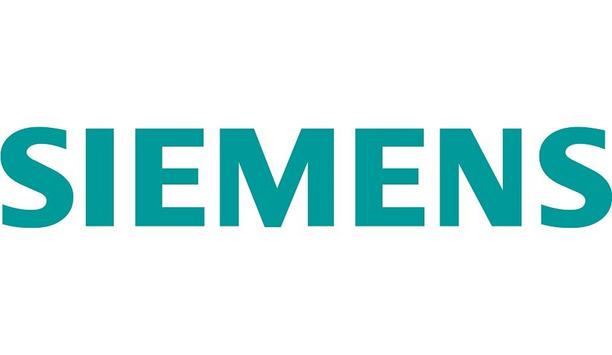 |
| Disaster relief grants for Illinois severe storms and flooding are free from taxes |
Grants are also not counted as income in determining eligibility for any income benefit programs funded by the U.S. government.
Recipients of state and federal disaster assistance grants will not have to pay taxes on those funds. Disaster relief payments provided to survivors of the Illinois severe storms and flooding are not subject to income tax, self-employment tax, or employment taxes such as Social Security, Medicare and federal unemployment taxes, said officials from the U.S. Department of Homeland Security's Federal Emergency Management Agency and the Illinois Emergency Management Agency.
Grants for rental assistance and Other Needs Assistance (ONA) are not counted as income to those receiving Social Security.
Grants are also not counted as income in determining eligibility for any income benefit programs funded by the U.S. government, including Medicaid, welfare assistance or food stamps.
Disaster relief payments include those received in a presidentially declared disaster for reasonable and necessary expenses incurred for the repair or rehabilitation of homes, repair or replacement of contents, and personal, family, living or funeral expenses resulting from the disaster. They also include temporary housing assistance.
Since grants are not considered income, they do not have to be declared on future tax returns. There are also no taxes on disaster mitigation payments paid through state and local governments in connection with the National Flood Insurance Program.












